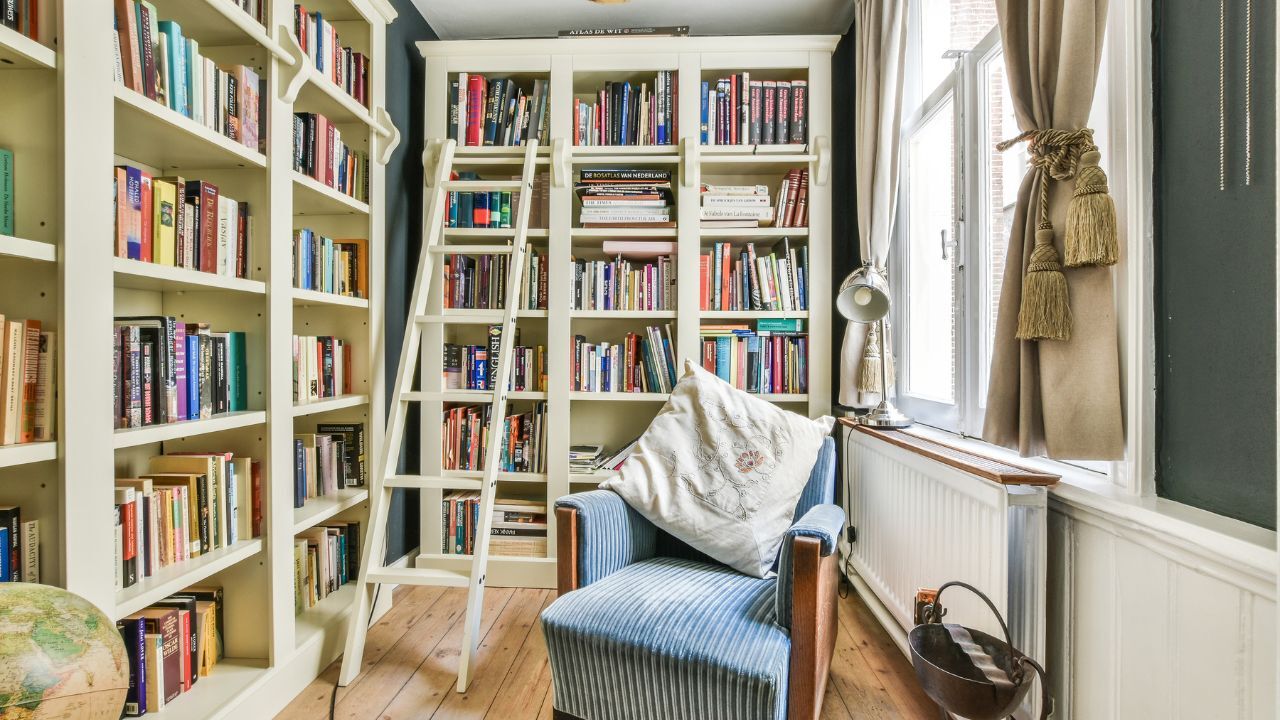 Your home is likely one of your most valuable investments, which is why understanding home appraisals is essential. Whether youíre buying, selling, or refinancing, knowing what an appraisal involves can help you make informed decisions.
Your home is likely one of your most valuable investments, which is why understanding home appraisals is essential. Whether youíre buying, selling, or refinancing, knowing what an appraisal involves can help you make informed decisions.
What is a Home Appraisal and Why Does It Matter?
A home appraisal is a professional estimate of your property’s value. It’s often requested by lenders to ensure that a home’s price aligns with its fair market value. Appraisers evaluate factors like the property’s condition, size, age, layout, and features when determining its worth.
It’s important to note that an appraisal is not the same as a home inspection. Inspections focus on the property’s condition and identify any necessary repairs, while appraisals focus on its monetary value.
How Appraisers Determine Your Home’s Value
Appraisers rely on three key factors:
- Property Condition and Size – Larger homes typically have higher values, but layout, design, and overall upkeep also matter.
- Comparable Sales – Recent sales of similar properties help determine what buyers are willing to pay.
- Market Trends – Broader market conditions and demand can influence your homeís appraised value.
By evaluating these factors together, appraisers arrive at a professional estimate of your homeís worth.
What’s Included in an Appraisal Report?
An appraisal report provides an in-depth look at your homeís value. It usually includes:
- A description of the property and its features
- Recent sales of comparable properties
- Trends that may affect value
- The appraiser’s professional opinion on the property’s best use
This report is a key tool for buyers, sellers, and lenders in making informed decisions.
Factors That Can Affect Your Appraisal
Several things can influence the outcome of an appraisal:
- Renovations or Upgrades – Improvements like modernized kitchens or bathrooms can increase value.
- Property Age and Condition – Older homes or those needing repairs may appraise lower.
- Market Conditions – Shifts in local demand or a decline in comparable sales can impact value.
How to Boost Your Home’s Appraisal Value
To maximize your homeís appraised value, focus on improvements that make a strong impression:
- Update key spaces like kitchens and bathrooms
- Freshen paint and flooring
- Replace outdated windows or fixtures
- Maintain landscaping and curb appeal
Small updates can make a noticeable difference in how your home is valued.
Timeline and Costs of an Appraisal
The appraisal process usually takes 2-4 weeks. After visiting the property and reviewing comparable sales, the appraiser provides a written report. Costs typically range between $400 and $1,000, depending on the property’s size and complexity.
Keep in mind that appraised value and market value are not always the same. While the appraisal estimates your homeís worth, the market value reflects what buyers are willing to pay.
Home appraisals are a crucial part of buying, selling, or refinancing. Understanding how they work and what influences value can help you protect one of your most significant investments. By preparing your home and staying informed, you can ensure the process is fair and accurate.
 Deciding where to buy a home involves many factors, and proximity to your workplace is often near the top of the list. Living close to where you work can offer convenience and save time, but it also comes with pros and cons to consider. Understanding these can help you make an informed choice that fits your lifestyle and long-term goals.
Deciding where to buy a home involves many factors, and proximity to your workplace is often near the top of the list. Living close to where you work can offer convenience and save time, but it also comes with pros and cons to consider. Understanding these can help you make an informed choice that fits your lifestyle and long-term goals. Purchasing a home is one of the most important financial and emotional decisions most people will make. While it can be exciting, it can also lead to disappointment if key factors are overlooked during the process. As a real estate professional, I often hear from buyers who wish they had done things differently. Below are the most common home buying regrets and what you can do to avoid them.
Purchasing a home is one of the most important financial and emotional decisions most people will make. While it can be exciting, it can also lead to disappointment if key factors are overlooked during the process. As a real estate professional, I often hear from buyers who wish they had done things differently. Below are the most common home buying regrets and what you can do to avoid them. Buying a home is one of the most exciting milestones in life, but it’s also a process that can sometimes come with unexpected delays. Whether it’s financing hiccups, inspection issues, or paperwork snags, knowing how to keep your purchase on track can make a huge difference. Here’s what you can do to stay proactive and keep moving forward toward your dream home.
Buying a home is one of the most exciting milestones in life, but it’s also a process that can sometimes come with unexpected delays. Whether it’s financing hiccups, inspection issues, or paperwork snags, knowing how to keep your purchase on track can make a huge difference. Here’s what you can do to stay proactive and keep moving forward toward your dream home.
 In a world where home preferences are constantly evolving, a surprising trend has emerged among homebuyers: many are prioritizing dedicated personal libraries over additional bedrooms. While traditional real estate advice has often emphasized the value of extra bedrooms for resale potential, today’s buyers are shifting their focus to spaces that enhance their lifestyle, productivity, and personal enjoyment.
In a world where home preferences are constantly evolving, a surprising trend has emerged among homebuyers: many are prioritizing dedicated personal libraries over additional bedrooms. While traditional real estate advice has often emphasized the value of extra bedrooms for resale potential, today’s buyers are shifting their focus to spaces that enhance their lifestyle, productivity, and personal enjoyment.